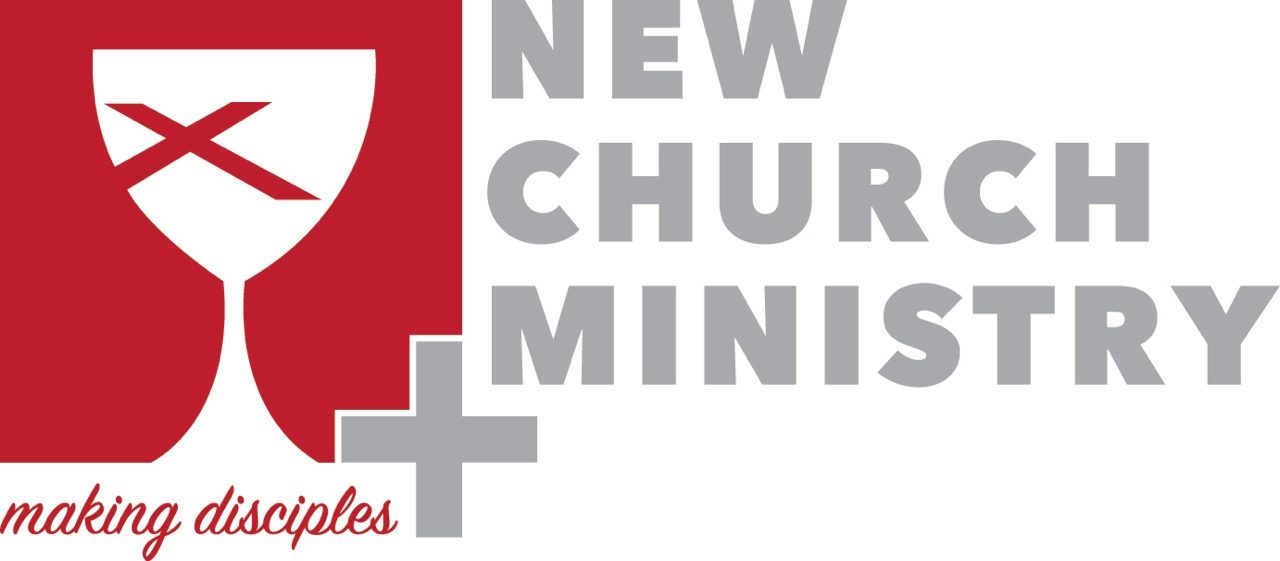With over a year of remote working experience, many homebound workers are wary of signing up for yet another online event due to “Zoom fatigue.” Passively sitting in front of a screen while a stranger shares information or fumbles with a poor Internet connection leads many of us to multi-task, largely ignoring what’s taking place in front of us. With that in mind, New Church Ministry and EDGE: A Network for Ministry Development organized their recent virtual gathering, the Hopeful Economics UnConference, so that both participants and featured guests could actively inform and lead the topics of discussion.
Using Whova, an event management software, attendees explored trends in the nonprofit sector, systemic change issues, and the relationship between faith and social enterprise. As they grappled with “hopeful economics,” or making the world’s assets and abundance work for everyone, Pastor Terrell L McTyer, Minister of New Church Strategies, kept up the energy as the Master of Ceremonies.
Getting into the right mindset
To prepare registrants for an agenda filled with deep discussions and challenging sessions, the first day was structured as a pre-conference. After an introduction from Pastor Terrell and Rev. Michael Blair, Executive Secretary of the United Church of Canada, speakers presented two different streams for folks in communities of faith and others in social purpose organizations. Those in the faith stream learned some social justice history and discussed economics, from conversations on the global economy as “God’s Economy” to the economic impact of churches. They also heard from Darnell Fennell of the National Benevolent Association, who shared what social enterprise has to do with faith, and Presbyterian Church USA, which shared some tips and tricks on creating partnerships.
Social purpose organizations focused on social enterprises and pitching for partnerships as well, with additional conversations on place-based innovation in rural settings and making equitable financial decisions that particularly affect BIPOC.
As participants waited for the second day of the UnConference, they were encouraged to visit the exhibitor booths online and engage with one another over discussion boards. According to Whova, the UnConference had more interactions than the average event on its website.
Creating new connections
The second day was full of opportunities for attendees to change their perspective on collaboration.
The two morning sessions were described as fishbowls, designed to bring people of faith and those in the social sector together to discuss the meaning of “hopeful economics.”
The afternoon session saw attendees play an interactive thinking game. Split into breakout rooms and given hypothetical resources, they were asked to address “attitudes to mental health.” The various groups found creative ways to make the “mission possible.”
Closing out the UnConference
As in the previous day, the final day of the Hopeful Economics UnConference ran morning and afternoon sessions, but this time, participants set the tone. Three breakout rooms were made available for them to join, each with their own specific discussion topic. Attendees were encouraged to drop into whichever group that appealed to them and move among groups as they wished. In total, 12 topics had been covered and attendees truly adhered to the UnConference ethos, keeping open minds and adapting to a sudden change in schedule.
Keeping the hopeful spirit alive
For three days, our ministry, together with EDGE, witnessed people across the United States and Canada form meaningful bonds and demonstrate thoughtful approaches to small discussion groups. We heard from incredible panelists and were uplifted by the enthusiasm of participants from various denominations. As many of us move into several more months of working from home, we continue to be inspired by those increasing their impact and addressing community needs.

